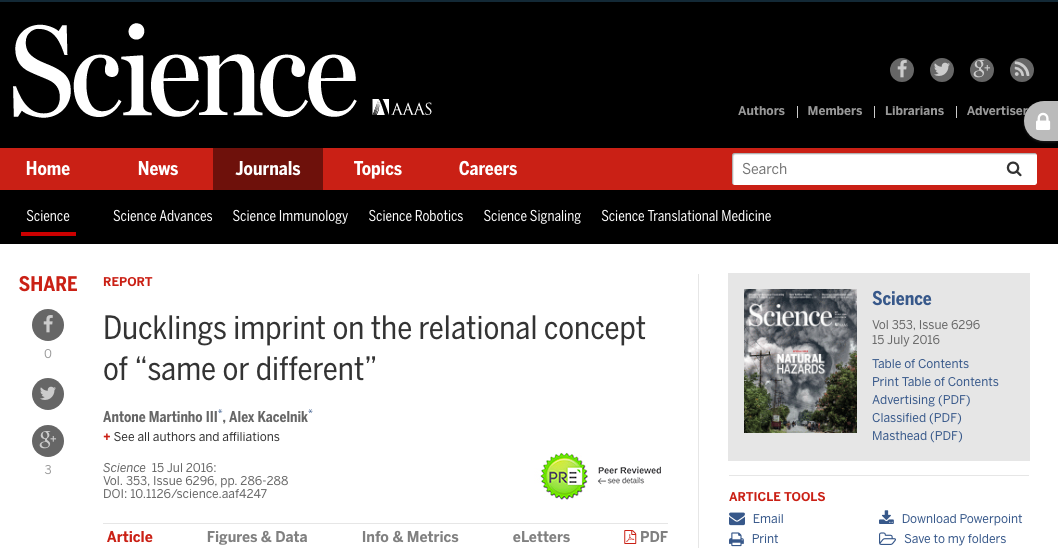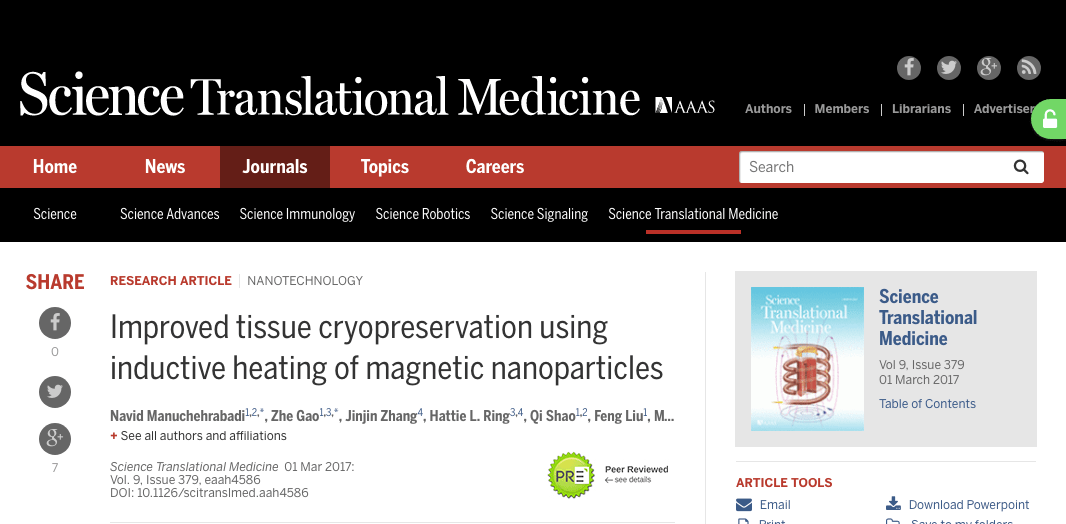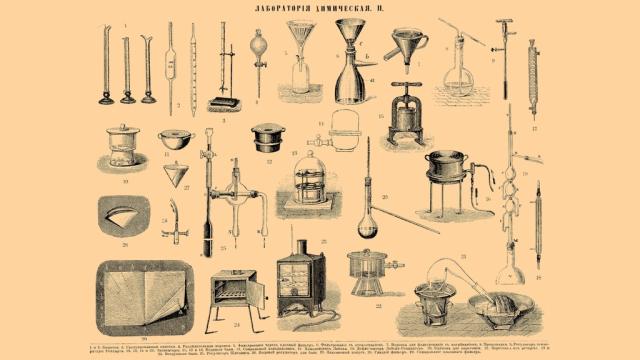Probably the suckiest thing about science is the fact that lots of the time you can’t read the research yourself. If it isn’t open access and you’re interested, either you shell out $46 for a pdf, email someone asking for it, or settle with listening to some dummy like me interpret the results peppered with quotes and my biases.
Image: From the Brockhaus and Efron Encyclopedic Dictionary/Public Domain
A free new Chrome and Firefox extension called Unpaywall seeks to get you past that paywall and show you the data you want whenever it’s available someplace else. It is far from comprehensive, but on top of OpenAccess, preprints and a few other options, science is beginning to become something that doesn’t require a subscription.
The extension is simple — you click a button to install it, and when you access a paper a little lock shows up on the righthand side of the screen. If it’s grey, Unpaywall couldn’t find a free paper.

Image: Science/Screenshot
If the lock is green, the paper is free on a university website or a preprint server — a place where scientists publish their papers before publishing them in a journal to get general input before the peer review process.

Image: Science Translational Medicine/Screenshot
If the lock is gold, the paper is open access.
You’re not stealing these papers, either. The Alfred P. Sloan and National Science Foundations fund Impactstory, the nonprofit that built the add-on. Other options do exist, like Sci-Hub, but if you’re worried about breaking the law, Sci-Hub literally calls itself a “pirate website”. Unpaywall instead tries to work within copyright law.
The Unpaywall FAQ claims that they could find the full text for 65 to 85 per cent of articles. I couldn’t recreate those results. My guess is that those numbers are probably much lower if you only count actual paywalled stories. When I removed open access papers and went through all the stories I wrote based on papers in the past two months, the lock turned green for eight out of my tiny sample of 25 articles. Still, that’s eight papers you otherwise wouldn’t have read.
More and more people really want science research to be freely available, and publishers are starting to listen. There are now several well-regarded open access journals, like PLoS One and Peerj. The publishers behind the heavy-hitting Science and Nature journals now offer open access journals like Scientific Advances and Scientific Reports, respectively. Nature has gone a step further, with its SharedIt functionality that gives read-only access to papers linked by certain publications and bloggers (including ours).
So, things are slowly changing — but just know that people are trying to take on the old institution and get us the knowledge we all need, without having to pay.
